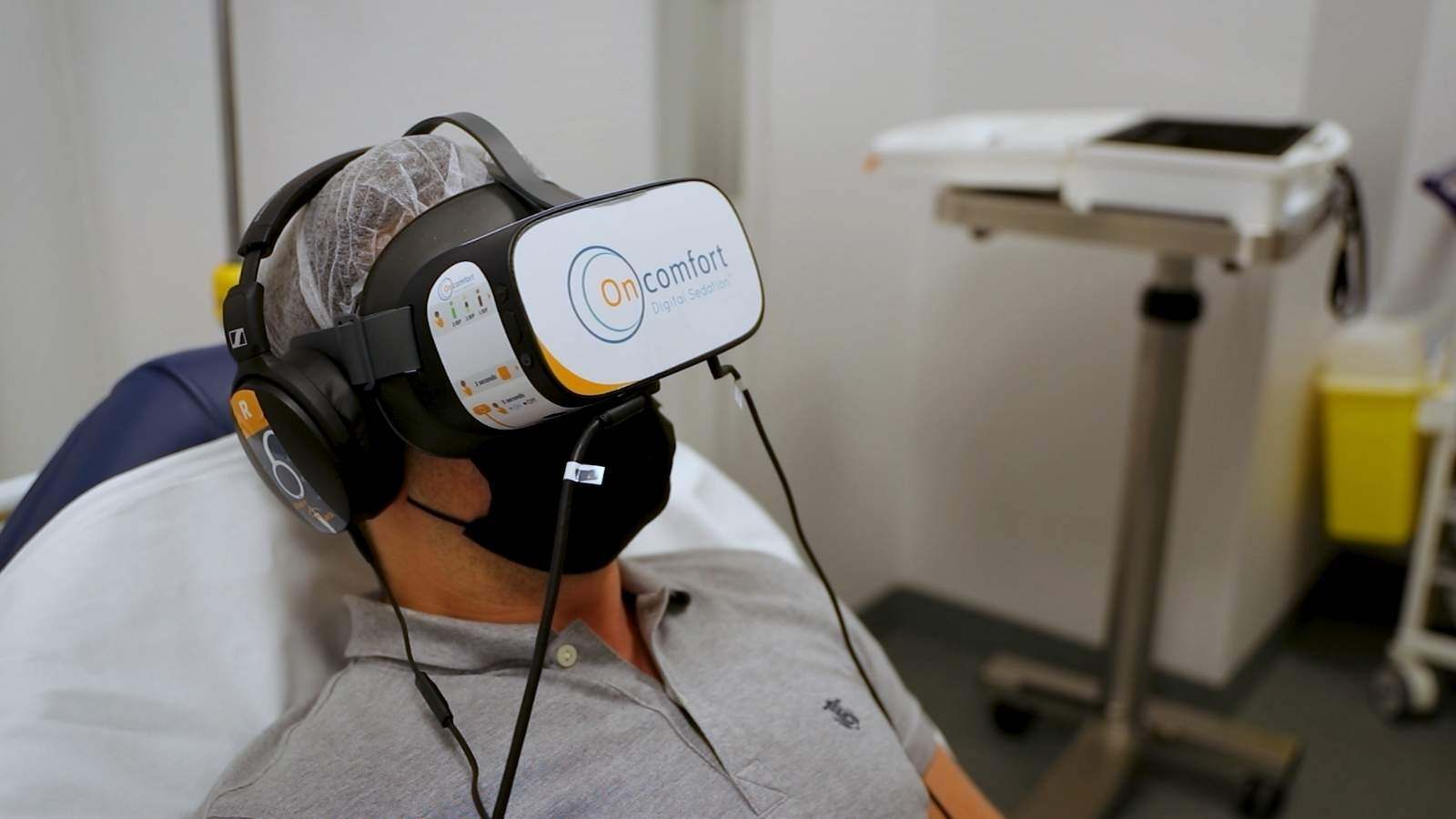Toxicology plays a pivotal role in the pharmaceutical industry, focusing on mitigating the adverse effects of substances on living organisms and their environments. This science is crucial for ensuring the safety, efficacy, and quality of pharmaceutical products, examining both immediate and long-term health impacts.
Despite its significance, the pharmaceutical industry faces a myriad of challenges: soaring development costs, stringent regulatory landscapes, significant environmental impacts, ethical dilemmas, and the pressing need for innovation. These issues not only strain the industry’s resources but also raise questions about sustainability, ethics, and the future of healthcare.
This article aims to provide a concise overview of these challenges, offering insights into overcoming them through toxicological consulting, sustainability practices, and innovation strategies. By addressing these hurdles, the pharmaceutical industry can enhance product safety and quality, align with ethical standards, and meet the evolving needs of society.
Key Toxicology Challenges in the Pharmaceutical Industry
The pharmaceutical industry is facing many challenges in the current global context, such as:
Increasing costs
Developing new drugs and products requires a significant investment of time, money, and resources, as well as a rigorous evaluation of their potential risks and benefits. The average cost of bringing a new drug to market is estimated to be around $2.6 billion, with a success rate of only about 12%.
Moreover, the pharmaceutical industry must contend with the pressures of generic competition, price regulation, and patent expiration, which can diminish its profitability and capacity for innovation.
Regulatory Pressures
The pharmaceutical industry must comply with strict and complex regulations and guidelines from various authorities and agencies, such as the FDA, EMA, and WHO.
These regulations aim to ensure the quality, safety, and efficacy of drugs and medicinal products, as well as to protect the health of patients, consumers, workers, and the environment.
However, they also pose significant challenges and burdens for the industry, requiring extensive data, documentation, and testing, along with frequent inspections and audits.
Environmental Impacts
Ethical Dilemmas
These issues can impact the reputation and credibility of companies, as well as the trust and confidence of stakeholders, including regulators, customers, investors, partners, and society.
Innovation Demands
The industry is challenged by the need for innovation to meet unmet medical needs, changing customer preferences, and emerging market opportunities.
The pharmaceutical industry must develop new drugs and products that are more effective, safe, and convenient, as well as more personalized, targeted, and tailored to the specific characteristics and conditions of patients.
It also needs to adopt new technologies and methods to improve the efficiency and quality of its processes and products.
How to Address These Toxicological Challenges?
To effectively tackle the myriad of toxicological challenges, pharmaceutical companies must embrace a proactive and comprehensive strategy. This involves several critical steps, each addressing different facets of the challenges at hand:
Engage in Comprehensive Toxicological Support
It plays a crucial role in identifying and assessing potential risks and benefits of compounds, designing and conducting preclinical and clinical trials in line with best practices and guidelines.
This support extends to ensuring that drugs meet rigorous standards of quality, purity, potency, stability, and safety, while also working to prevent contamination and degradation.
Toxicological consultants are pivotal in evaluating the effects of drugs on health and the environment, proposing strategies to minimize adverse impacts and address ethical concerns that arise during development processes.
Implement Sustainability Practices
This includes embracing renewable energy, circular economy principles, green chemistry, and optimizing logistics.
Engaging with stakeholders – regulators, customers, investors, and partners – is essential in addressing public interest issues like medicine accessibility and affordability.
These practices not only enhance the industry’s competitiveness but also contribute to a more sustainable and profitable future.
Cultivate Innovation and Growth
This involves seeking new avenues, creating innovative solutions, and developing novel products using cutting-edge technologies.
Collaboration with sectors such as biotechnology, information technology, and healthcare is critical, leveraging synergies and sharing expertise to drive progress and innovation.
Are You Seeking Toxicology Support?
Toxicology challenges in the pharmaceutical industry are intricate and diverse, yet they present unique opportunities for enhancement and innovation.
By embracing a proactive and comprehensive strategy that includes toxicology consulting, sustainability practices, and innovation strategies, the pharmaceutical industry can navigate these challenges effectively.
This approach not only ensures the quality and safety of products but also promotes the health and well-being of individuals and the environment.
Should you find yourself confronting any of these challenges, consider us an extension of your team, ready to collaborate and overcome them together.







.png?width=109&height=108&name=Pharma%20(2).png)
.png?width=111&height=108&name=Medical%20Devices%20(2).png)
.png?width=84&height=107&name=IVD%20(2).png)




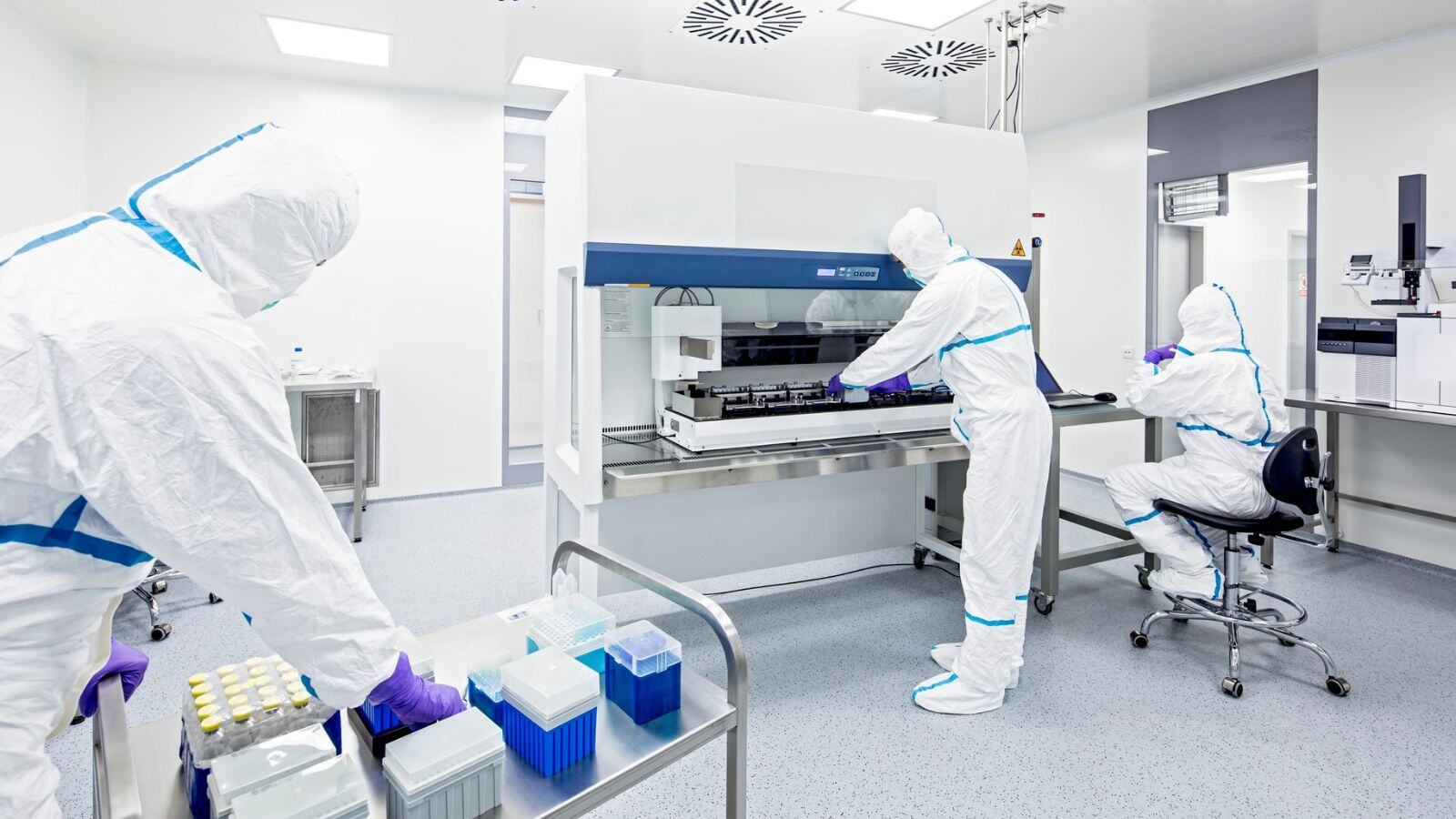
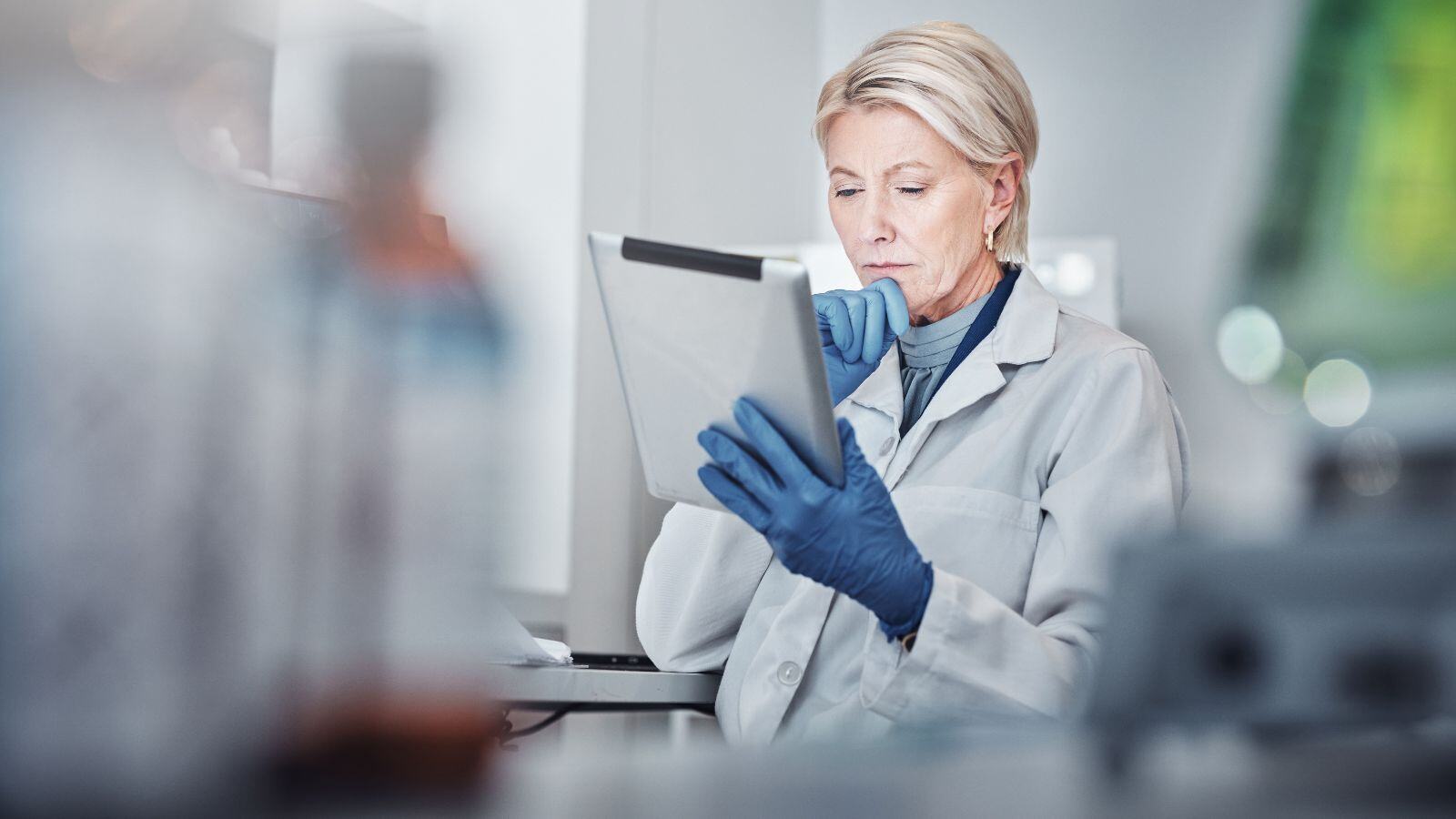


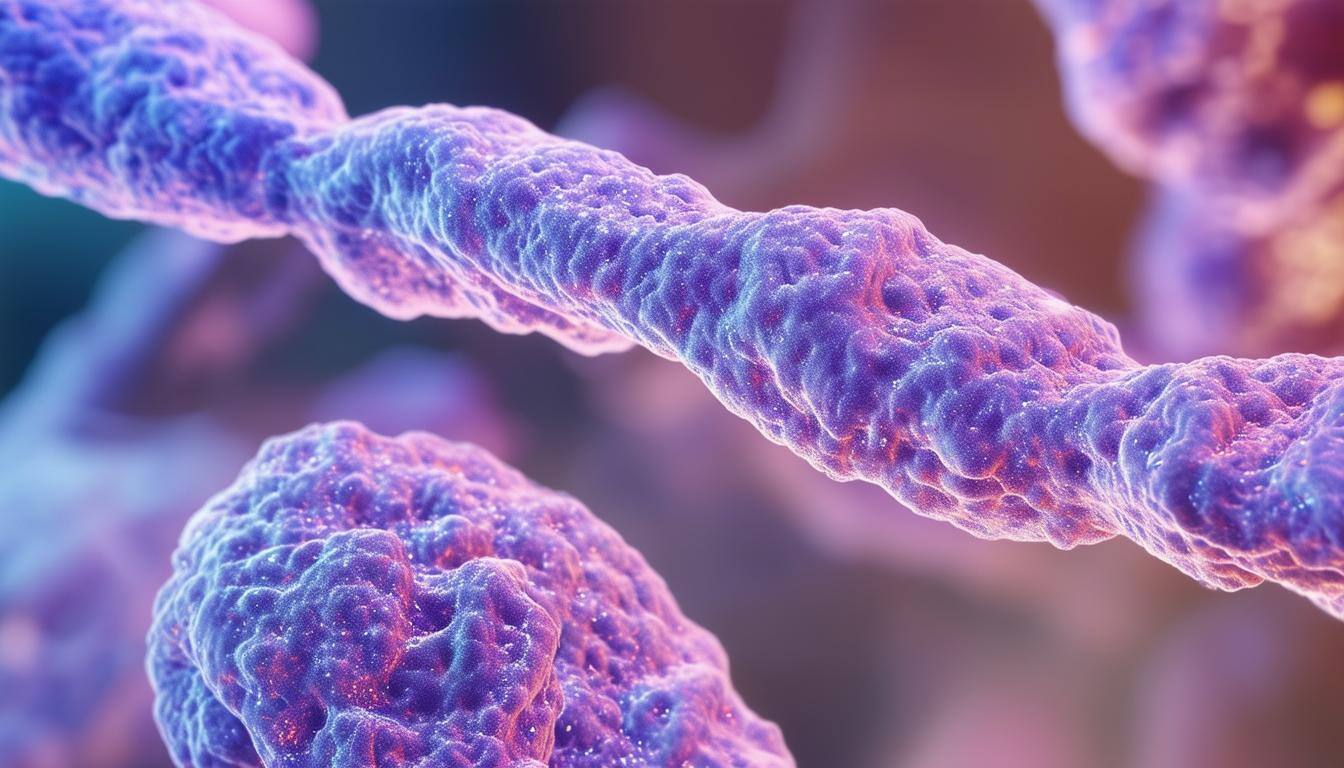
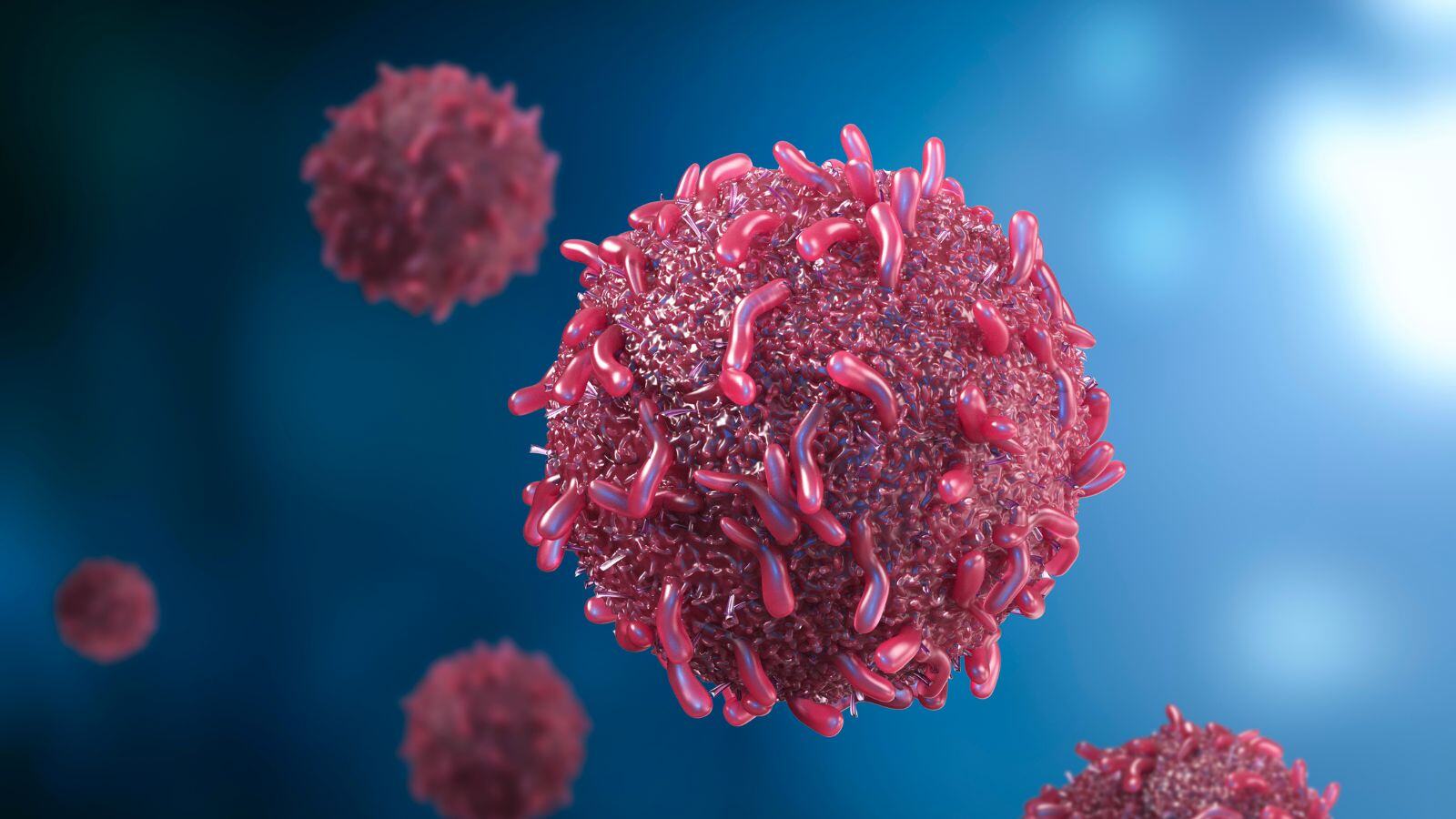
.png)

.jpg)
